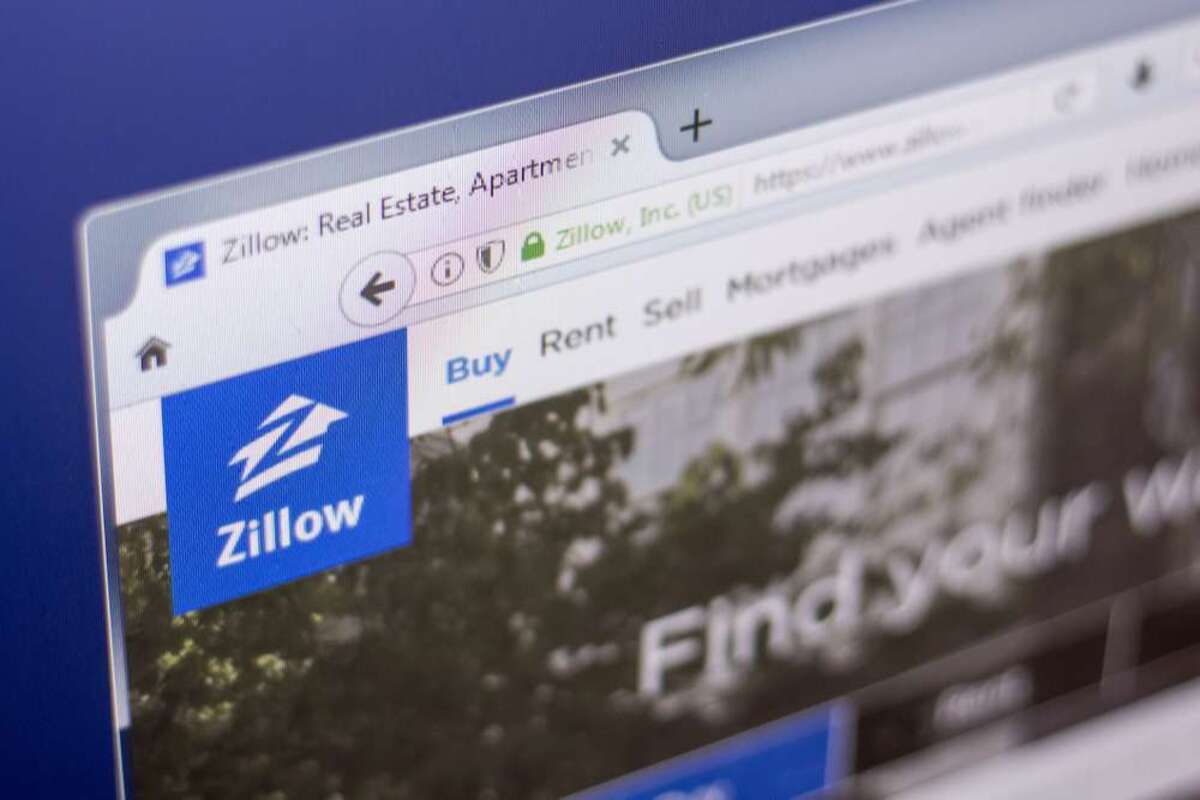At the start of November 2021, Zillow announced that they are gradually closing Zillow Offers, the home-flipping division of their business. The online real estate giant paused its tech-enabled iBuying program because of an inability to renovate its properties speedily. In addition, they struggled to find sufficient vendors and supplies. A few weeks later, they identified their inaccurate algorithm as the culprit for the company's inability to turn a profit in the house-flipping market.
So, what can property managers learn from Zillow's experience? Here's what a property management business can garner from Zillow shuttering their house-flipping business.
Are Labor Shortages a Concern for Property Managers?
When Zillow first announced that they were scaling back on the home-flipping arm of their business, they cited supply and labor shortages as the problem. Is this a legitimate concern for property managers?
The shortage of tradespeople to complete remodeling, flooring, and electrical work has been an issue since 2018. In addition, the Covid-19 pandemic added another spanner to the works—astronomic supply prices due to a shortage of wood and metal. While shortages can make some property management tasks more challenging, one can circumvent them with good planning and solid business relationships.

If you are tasked with setting the budget for maintenance and repairs on certain properties, you must factor in these rising prices and be honest with property owners about the realities of labor shortages.
What Can We Learn from the Challenges Zillow Faced?
Because of their sheer volume, the Zillow algorithm has access to vast amounts of information. Despite having all this data at their fingertips, Zillow Offers could not succeed in the real estate investing game. What does this mean for property managers and real estate investors with significantly less information? We found a few things that can help you build one of the most successful property management companies in your market.
1. You Cannot Outsmart the Property Market with Technology
Technology is not a one-stop solution to property management challenges. While the right property management system and software are crucial to success, these tools can't compensate for disorganization, poor strategies, or a lack of talent on your team.
Zillow's tech could not accurately predict property values in the current market, so they overpaid on thousands of properties. Relying too much on technology can leave you with a business that loses money and falls short of your goals.
2. Property Management = People Management
A house does not call you when a pipe bursts in the middle of the night. Similarly, your tenant might struggle to pay the rent—but it's not the home's fault.
As a property manager, you actually manage people: owners, tenants, and vendors. Algorithms and apps cannot help you with those relationships. Technology is a valuable asset. However, you cannot run an entire business using only technology.
3. Vendor Oversight is Vital
Vendors are a crucial facet of any property management business. Hiring reliable and trustworthy contractors is essential to success. In addition, it's a hands-on process and requires intentional relationship building.

Monitoring vendors is also a critical factor in profitability and delivering promised services to property owners. Zillow ran into issues when they failed to apply proper oversight to vendors dealing with house flips. Property management success means using the right combination of technology and human oversight to evaluate whether a vendor's quality of work is in line with the fees charged.
4. Bigger is Not Always Better
If you want to scale your property management business, it's crucial to do so from a solid, successful foundation. You are not going to outgrow your problems. If you do not have the correct systems in place to manage a few doors, more doors will not necessarily translate to more profit with your existing operations.
5. Profit is Essential
For any business to succeed, profit is essential. The property management business is litigious and, therefore, very challenging. To ensure a healthy bottom line, be ready to address issues as soon as they arise before they escalate and become expensive to deal with.
Also, be mindful of inflation. Advise property owners to adjust the rent to cover expenses comfortably and adjust your own fees and costs to maintain your profit margins.
Tips to Help Grow Property Management Businesses
Are you thinking about adding more doors to your property management business? Here are a few points to consider for success!
1. Time is of the Essence
Tenant turnover is costly to your client. Each day that goes by costs money in the form of property taxes, insurance, utilities, and perhaps mortgage payments. Prioritize tenant retention so that you can optimize income for your client. Think about what services you can offer to make things easier for tenants.
2. Consider Property Management Consulting Services
A property management consultant can assist you in accurately evaluating your business and your readiness to grow your property management business. They can give you the tools to run a property management business successfully.
3. Fine-Tune Your Vendor Management Program
To ensure profitability, you need an efficient vendor management system in place. Successful property managers must:
- Find the right vendors. Are they qualified? Do they have insurance? Check references and affordability.
- Ensure that the quality of their work is optimal. Also, be sure that they complete the project in a reasonable time.
Check in with vendors conducting make-readies or property upgrades to monitor property owner budgets and reduce vacancy times.
4. Use the Right Technology Tools
Using tech tools to enhance your processes makes good business sense. The right tech tools keep your property management company running efficiently. They can also help you discover new revenue sources and whittle away at your workload.
The best property management software and apps can make it easier for tenants to submit maintenance requests and make rental payments.
5. Stay Within Your Means
Zillow thought that if they could do 1,000 properties well, they could do 7,000 just as well. Unfortunately, this was not the case.
You know that your business can successfully manage fifty properties, for example. Rather than adding another twenty before you're ready, make sure your software and systems can manage those fifty properties well—and that you have the team in place to add more doors.
Calculate Your Profit for More Property Management Success
Whether your property management business is just launching or you've been in business for a while, the bottom line is profitability. In light of the booming property market, you might be tempted to expand your portfolio. However, a vital first step is to check your balance sheet and consult with an expert to ensure long-term property management success!
Real-Time Consulting Services can help you evaluate the profitability of your business and set your property management business up to accommodate more doors. Reach out soon to learn more about how we help property managers grow their businesses.
Ready for a peek at your numbers? Use our free Profit Calculator tool!








